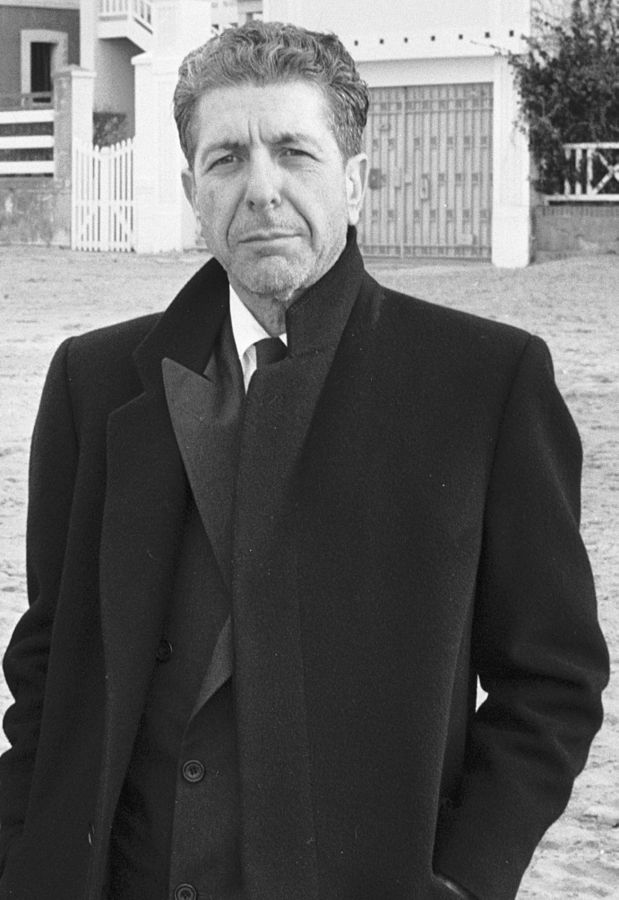Chanson fort populaire durant la chaude période électorale de 1869 qui précède le vote sur l'adhésion de Terre-Neuve au Dominion du Canada, récemment constitué. Les partisans de la Confédération font valoir les avantages des marchandises à bas prix; leurs opposants répliquent en évoquant la perspective de taxes élevées sur les bateaux et l'équipement de pêche et jouent sur la fierté des Terre-Neuviens en rappelant que l'île est la plus ancienne colonie britannique d'outre-mer.
L'air traditionnel est probablement une variante de la populaire « Villikens and His Dinah ». La chanson est d'abord publiée par Gerald S. Doyle dans The Old-Time Songs and Poetry of Newfoundland (1940) et se trouve dans Folk Songs of Canada de Fowke-Johnston (Waterloo 1954) et dans Singing Our History de Fowke-Mills (Toronto 1984). Alan Mills l'a enregistrée (Folk. 3000).
Les paroles de cette chanson témoignent de la fierté des insulaires et transmettent un sentiment de méfiance à l'égard des conditions proposées par les rangs unionistes :
Ye brave Newfoundlanders who plough the salt sea, With hearts like the eagle so bold and so free, The time is at hand when we'll have to say, If Confederation will carry the day.
Men, hurrah for our own native Isle, Newfoundland, Not a stranger shall hold one inch of its strand; Her face turns to Britain, her back to the Gulf, Come near at your peril, Canadian Wolf!
Cheap tea and molasses they say they will give, All taxes taken off that the poor man may live; Cheap nails and cheap lumber, our coffins to make, And homespun to mend our old clothes when they break.
If they take off all taxes, how then will they meet, The heavy expenses on army and fleet? Just give them the chance to get into the scrap, They'll show you the trick with pen, ink and red tape.
Would you barter the right that your fathers have won? Your freedom transmitted from father to son? For a few thousand dollars Canadian gold, Don't let it be said that our birthright was sold.
Bibliographie
David GREGORY, « Vernacular Song, Cultural Identity, and Nationalism in Newfoundland, 1920-1955 », History of Intellectual Culture, vol. 4:1, été 2004.
Terry MCDONALD, « Proud to be an Islander: Newfoundland Identity as Revealed through Newfoundland Music », Canadian Folk Music, vol. 40:2, 2006.
Glenn COLTON, « Imagining Nation: Music and Identity in Pre-Confederation Newfoundland », Newfoundland and Labrador Studies, vol. 22:1, 2007.

 Partager sur Facebook
Partager sur Facebook Partager sur X
Partager sur X Partager par Email
Partager par Email Partager sur Google Classroom
Partager sur Google Classroom

